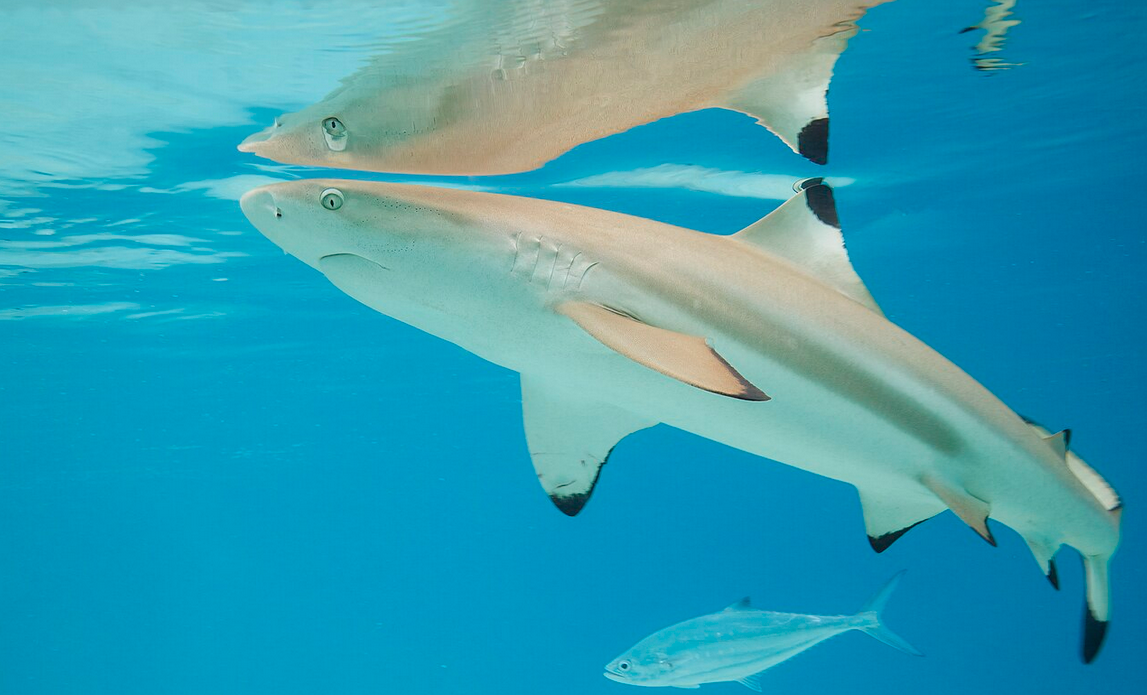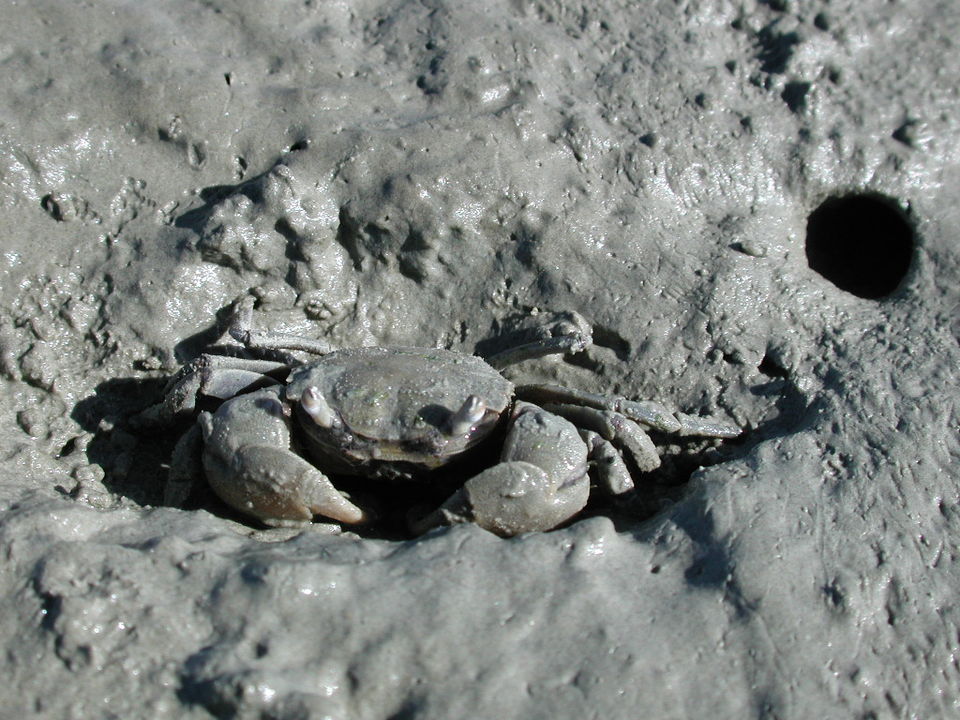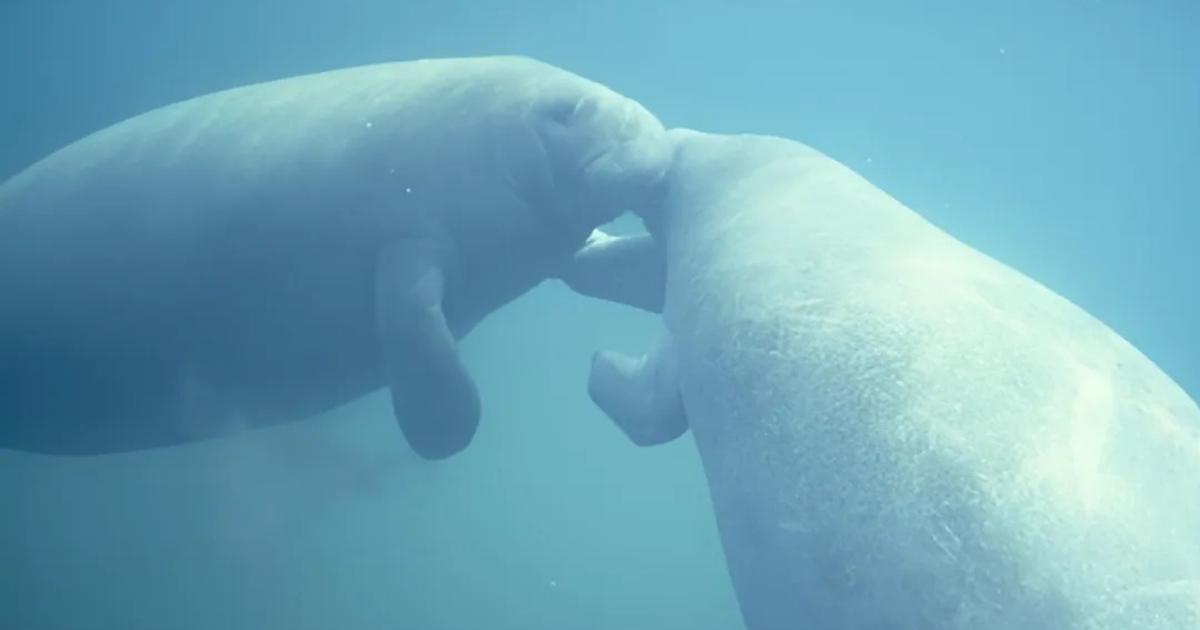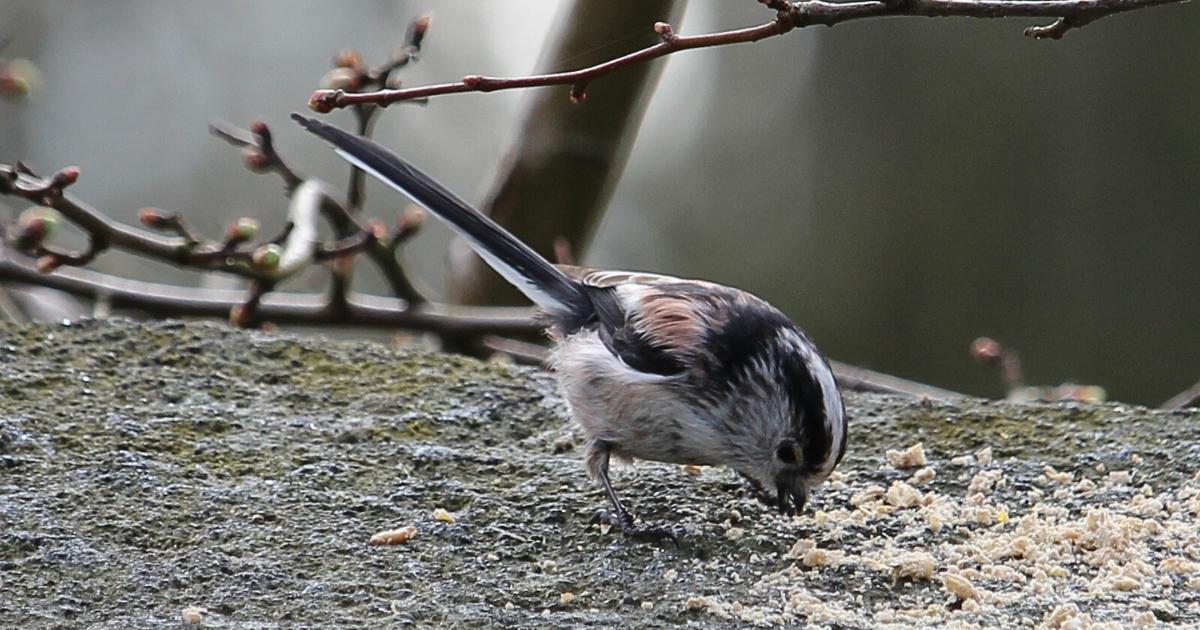Newborn reef sharks are survival machines, according to a study tracking their ability to heal from minor injuries without sacrificing growth. And warmer waters might even give them a boost. Researchers followed neonatal blacktip reef and sicklefin lemon sharks in French Polynesia and Seychelles, uncovering how these pups thrive despite some rough starts.
Injured Baby Sharks Keep Growing
In defiance of bites from predators and fishing gear wounds, baby sharks that suffered relatively minor injuries grew just as fast as unharmed ones. Scientists monitored 105 blacktip reef and 84 sicklefin lemon sharks, finding that cuts, torn fins, and hook injuries didn’t cause any significant difference in growth rates or body condition compared to uninjured pups.

Photo Credit: Patrick Quinn-Graham, CC BY 2.0
Heat Speeds Up Healing
In lab experiments, baby blacktip reef sharks healed umbilical wounds faster in warmer water. At 29°C (84°F), their umbilical scars closed 20% quicker than at 25°C (77°F), likely due to higher metabolic rates. The study cautions, however, that wild sharks might struggle to fuel this faster healing if food is scarce.
The study also found that not all baby shark species heal at the same rate, with sicklefin lemon sharks taking longer to heal umbilical wounds than blacktip reef sharks.
Why This Matters for Survival
Neonatal sharks face threats from predators, fishing gear, and other human activity. Their rapid healing — especially in warming oceans — could help them survive, but researchers stress that overfishing or pollution might still tip the balance. The study urges fishers to adopt “minimal-handling practices,” like cutting lines near hooks rather than removing them to avoid worsening injuries.

Credit: The costs and healing rates of minor injuries in neonatal reef sharks by Debaere et al. (2025)
Future Challenges
While sharks’ healing abilities seem enhanced in warmer waters, the study cautions that combined climate change effects like ocean acidification and lower oxygen levels remain unknown threats. Scientists hope these insights into the healing rates of baby sharks will help guide future conservation efforts.
The bottom line: Baby sharks are tougher than they look and understanding their rapid healing power could help them survive in a changing ocean.
***
“The costs and healing rates of minor injuries in neonatal reef sharks.” Debaere et al. Journal of Fish Biology (2025).
Featured photo: Blacktip reef shark (Carcharhinus melanopterus), Moorea, French Polynesia
Featured photo credit: Charles J. Sharp, CC BY-SA 4.0








